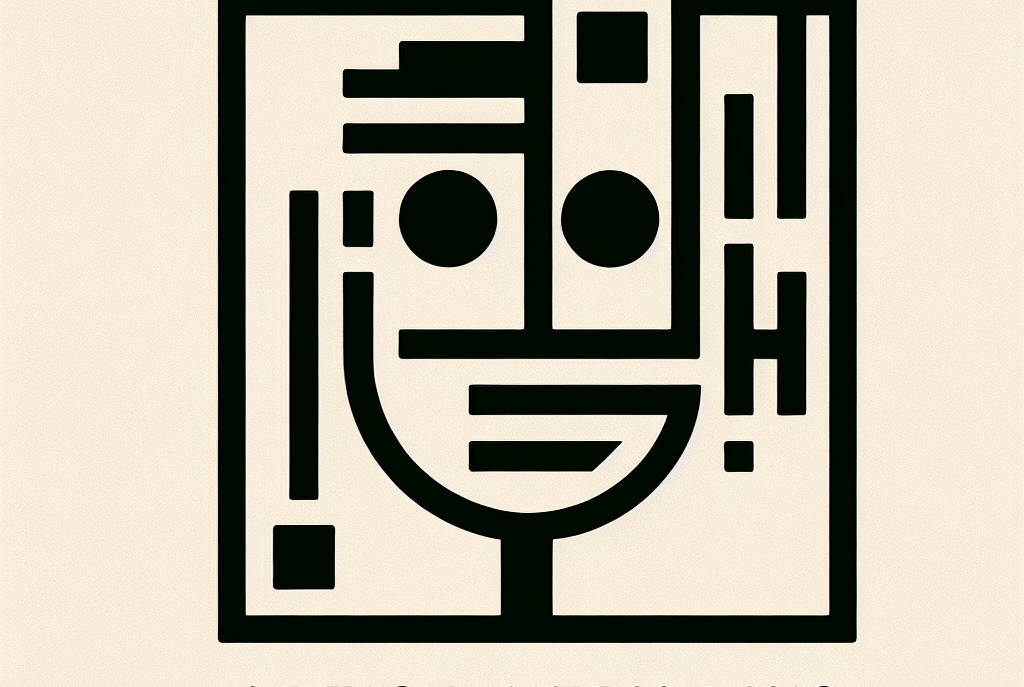Congress tries to fence voice cloning with the No AI FRAUD Act
Washington's symbol for the fight over synthetic identity. It is H R 6943, a bipartisan proposal branded the No Artificial Intelligence Fake Replicas and Unauthorized Duplications Act.


Washington has a new symbol for the fight over synthetic identity. It is H R 6943, a bipartisan proposal branded the No Artificial Intelligence Fake Replicas and Unauthorized Duplications Act. Representative Maria Salazar and four co‑sponsors filed the bill on 10 January 2024 and sent it to the House Judiciary Committee where it still rests today. Congresso.gov
The spark behind the text
Lawmakers did not draft the bill in a vacuum. They pointed to viral deep fake moments:
“Heart on My Sleeve,” the Drake and Weeknd look‑alike track that drew millions of plays in April 2023.
A false Tom Hanks dental plan ad from October 2023.
Non‑consensual intimate images of New Jersey high‑school students posted that same month.
Each became a line item in the findings section that frames voice and likeness theft as a growing cultural and economic threat. Congresso.gov
What the bill promises
A new property right. Every person, dead or alive, would own intellectual‑property rights in their voice and likeness, freely transferable to heirs for ten years after death.
Tough penalties. Fifty‑thousand‑dollar statutory damages for each unauthorized cloning service. Five‑thousand‑dollar damages for each fake clip or image, plus lost profits, punitive damages, and attorney fees.
Strict contracts. Any deal that lets a company create new performances from a person’s image or voice must be in writing, negotiated with counsel, and approved by a court if the signer was under eighteen.
Limited defenses. First Amendment use remains possible, but courts must balance public interest against the financial and emotional harm caused.
(See Sections 3‑5 of the bill for the full architecture.) Congresso.gov
Cheers from the music lobby
The Recording Academy called the proposal a landmark step for protecting human creativity and endorsed it alongside Tennessee’s state level ELVIS Act. recordingacademy.com
Skeptics find cracks
Legal scholars warn that the draft might overshoot its target. By turning every misplaced meme into a potential fifty‑thousand‑dollar liability, the text could chill satire, remix culture, and even news reporting. One right‑of‑publicity analyst argued that far from stopping fake replicas, the bill could push them offshore where enforcement is weak. rightofpublicityroadmap.com
Why the bill has stalled
A year and a half later the No AI FRAUD Act has not moved beyond introduction. Congress spent 2024 debating child‑safety rules, chip subsidies, and an ultimately failed bid to freeze state AI laws for a decade. Industry lobbyists and civil‑rights groups pulled legislators in opposite directions, and voice‑cloning reform slipped down the docket. The Washington Post
The road ahead
The political pressure has not vanished. States continue to pass their own right‑of‑publicity updates, platforms scramble to label synthetic media, and artists file lawsuits against model builders. Even if H R 6943 never reaches a floor vote, its language will shape the templates that follow. For musicians and filmmakers the message is clear: federal guardrails are coming, but they will arrive slowly, clause by clause, amid a tug‑of‑war between free expression and personal control.
Watch this space. Diaries of Distortion will track every draft, amendment, and courtroom echo.